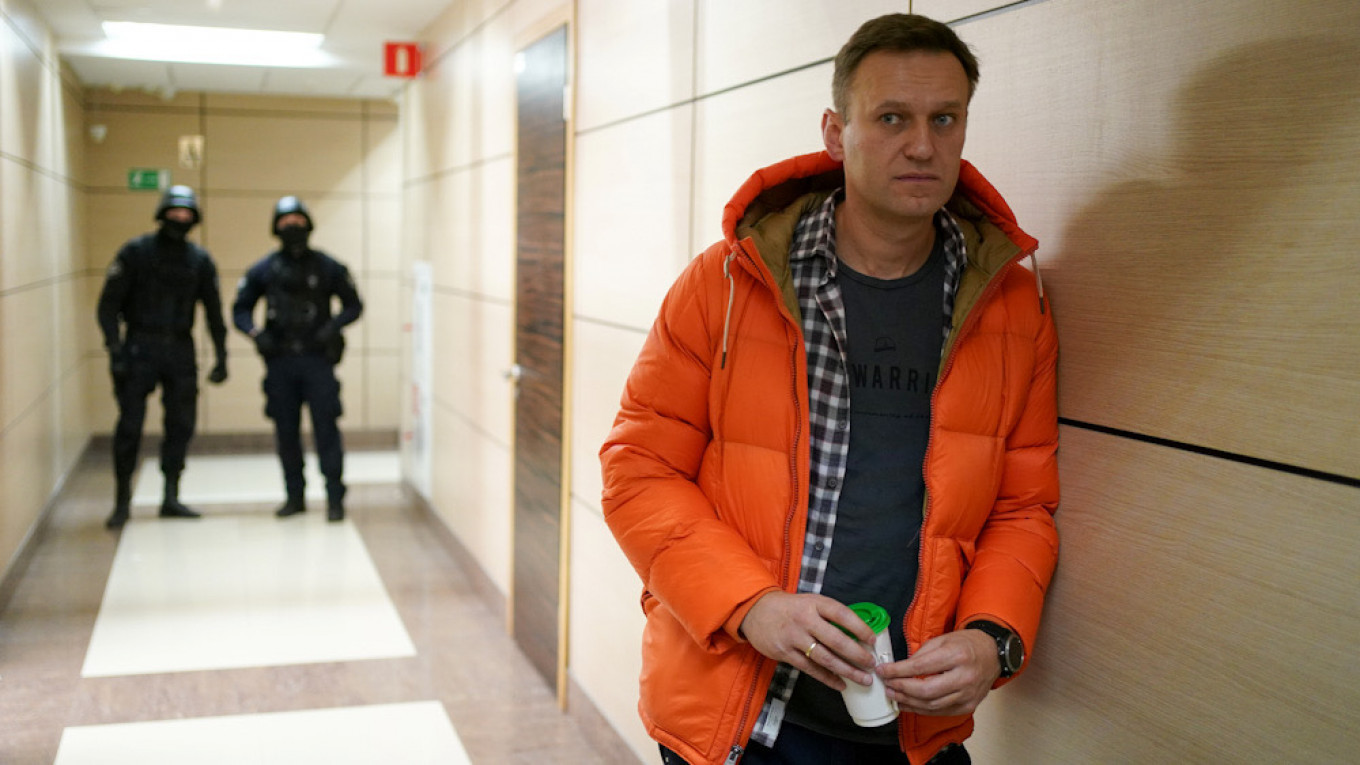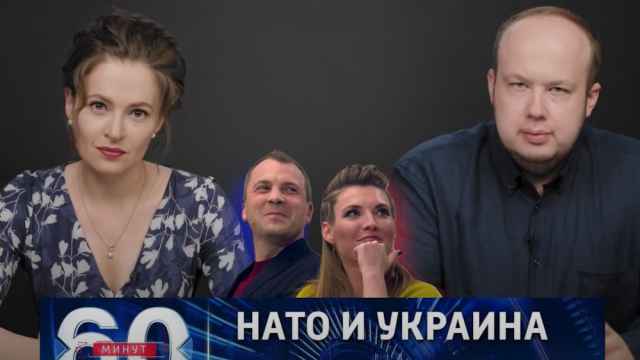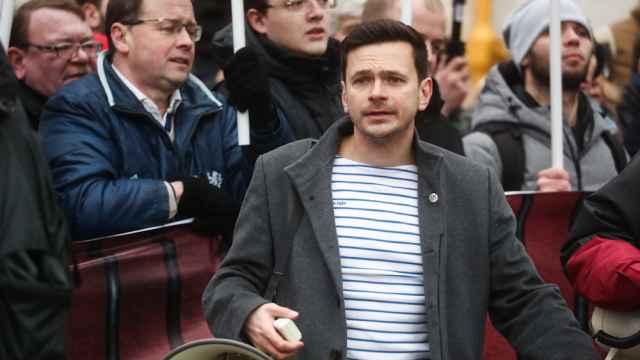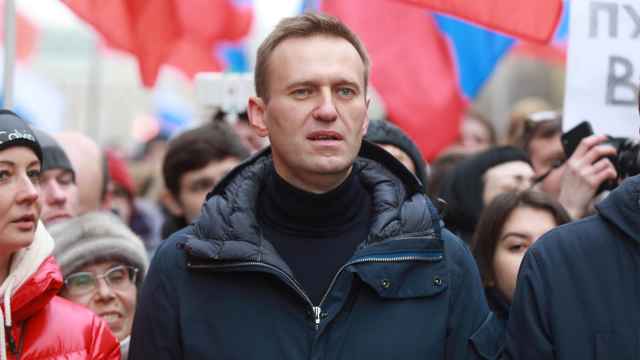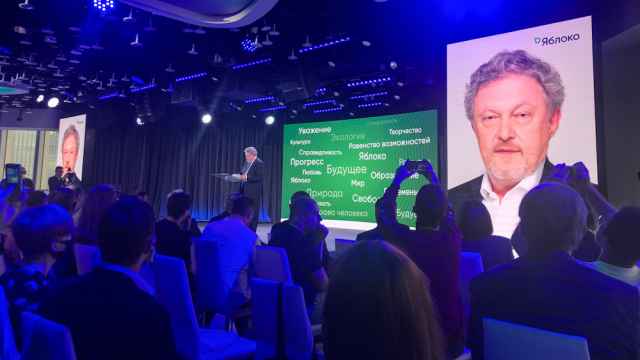Siberian doctors falsified Kremlin critic Alexei Navalny’s medical records that contained evidence of his nerve agent poisoning last summer, the jailed opposition figure’s allies said in an investigation published Thursday.
Omsk region doctors who first treated Navalny after he fell severely ill on Aug. 20, 2020, said their tests did not find any toxic substances despite later findings by the global chemical-weapons watchdog and three European labs showing a Novichok-type nerve agent in his samples
In its latest investigative report, Navalny’s team said it was able to dupe the Omsk hospital archive into sharing Navalny’s unredacted medical records in November 2020 and compare them to a cleared copy that the hospital handed over a month later.
The original documents contained blood tests conducted in Moscow that showed signs of a “cholinesterase inhibitor” — indication of nerve agent poisoning — while the official set of documents did not, the Navalny team said.
“The crooks in Omsk simply threw it away, hid it from us as if it never existed,” team Navalny’s senior investigator Maria Pevchikh said.
Pevchikh slammed the Russian authorities’ refusal to investigate Navalny’s poisoning and finger-pointing at the West over what Moscow calls a cover-up, saying:
“Right now, there are enough materials in Omsk — analyses, records and test results — to make an unambiguous diagnosis of organophosphate [group of substances that include nerve agents] poisoning… Nothing else, literally no other piece of paper is needed to open a criminal case.”
Meanwhile, investigators who in February refused to open a criminal case into Navalny’s poisoning declared, according to a document shared by the team, that:
“Data obtained in the course of the criminal procedure check indicates that a number of events related to Navalny’s hospitalization were staged in advance by persons from Navalny’s entourage in order to prepare a political provocation.”
FSB and Constitutional Protection
The Navalny team’s investigation also identified what it described as “the most important member” of the Russian Federal Security Service (FSB) squad that is alleged to have poisoned Navalny and other prominent figures.
Valery Sukharev, allegedly of the FSB’s Service to Protect the Constitutional System and Combat Terrorism, is claimed to have traveled alongside Navalny 15 times and made dozens of phone calls with the previously identified FSB agents before and after the poisoning.
The team said it tracked Sukharev’s itinerary under an assumed identity, allowing it to conclude that at least two FSB units — the constitutional-protection service and the Criminalistics Institute — were involved in Navalny’s poisoning. It also linked the FSB units with the recently reported 2019 poisoning of prominent writer and journalist Dmitry Bykov as well as that of opposition politician Vladimir Kara-Murza.
Navalny returned to Russia in January after recovering from the poisoning and is currently serving two and a half years in prison on old fraud charges he and his supporters call politically motivated.
A Moscow court declared Navalny’s political and activist network “extremist” on Wednesday, outlawing Russia's fiercest force that opposes President Vladimir Putin ahead of key parliamentary elections this September.
A Message from The Moscow Times:
Dear readers,
We are facing unprecedented challenges. Russia's Prosecutor General's Office has designated The Moscow Times as an "undesirable" organization, criminalizing our work and putting our staff at risk of prosecution. This follows our earlier unjust labeling as a "foreign agent."
These actions are direct attempts to silence independent journalism in Russia. The authorities claim our work "discredits the decisions of the Russian leadership." We see things differently: we strive to provide accurate, unbiased reporting on Russia.
We, the journalists of The Moscow Times, refuse to be silenced. But to continue our work, we need your help.
Your support, no matter how small, makes a world of difference. If you can, please support us monthly starting from just $2. It's quick to set up, and every contribution makes a significant impact.
By supporting The Moscow Times, you're defending open, independent journalism in the face of repression. Thank you for standing with us.
Remind me later.


